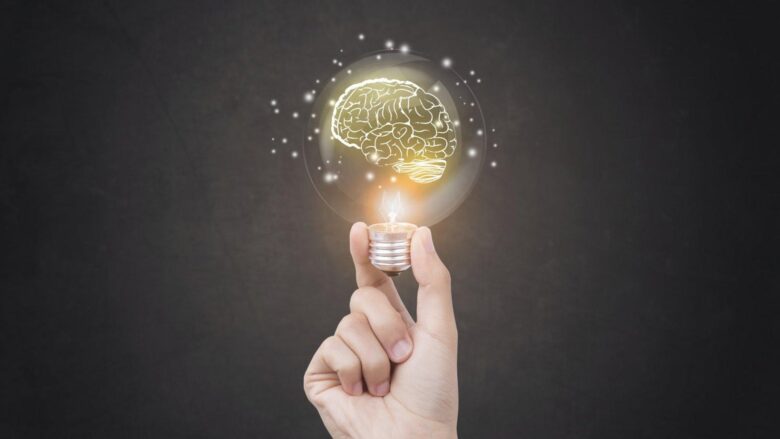In the intricate tapestry of human cognition, memory serves as one of the most vital threads, weaving together experiences, knowledge, and identity. As we age, however, this intricate fabric can fray, leading to concerns about cognitive decline and diminished mental acuity. Amidst the search for effective strategies to bolster memory, testosterone therapy has emerged as a captivating topic of discussion. Traditionally associated with muscle strength and vitality, testosterone is now being explored for its potential role in enhancing cognitive functions, particularly memory retention and recall. This article delves into the scientific landscape surrounding testosterone therapy, examining its implications for memory improvement, the underlying mechanisms at play, and the ongoing debates that color this promising frontier of research. As we navigate the complexities of the human brain and hormonal influence, we invite you to explore the intersection of biology and cognition, where the quest for sharper memories may lead us to unexpected insights.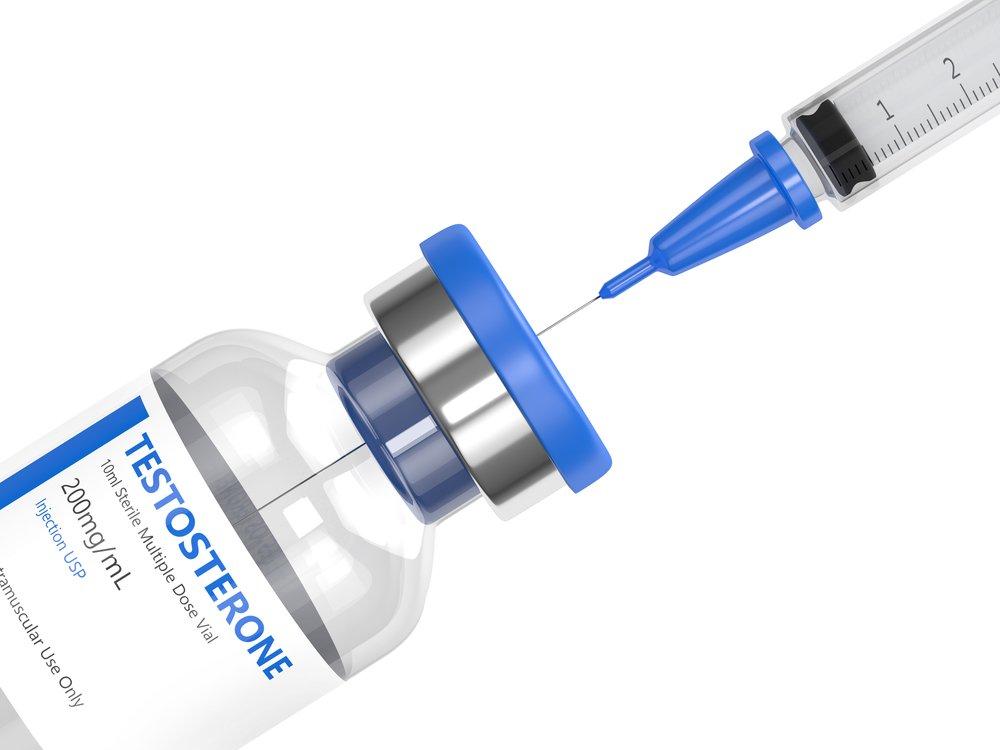
Understanding the Role of Testosterone in Cognitive Function
The relationship between testosterone and cognitive function has sparked considerable interest in recent years, as studies continue to explore how this hormone influences our mental faculties. Testosterone is typically associated with physical aspects such as muscle mass and libido, but it also plays a crucial role in brain health. Research suggests that adequate levels of testosterone may enhance various cognitive functions, including memory, attention, and spatial abilities. Low testosterone levels, particularly in older men, are often linked to cognitive decline and increased risk of conditions such as dementia.
Several mechanisms may explain the connection between testosterone and cognitive performance. First, testosterone receptors are prevalent in areas of the brain known to be essential for memory and learning, such as the hippocampus. Additionally, testosterone is thought to influence neurogenesis—the process by which new neurons are formed—in these critical areas. Furthermore, a balance in hormone levels supports overall mental health and emotional well-being, contributing to clearer thinking and improved memory retention. Here’s a brief overview of how testosterone levels can impact cognitive functions:
| Testosterone Levels | Cognitive Function Impact |
|---|---|
| High | Enhanced memory retention, better spatial awareness |
| Normal | Optimized cognitive performance, balanced emotional state |
| Low | Cognitive decline, increased risk of dementia |
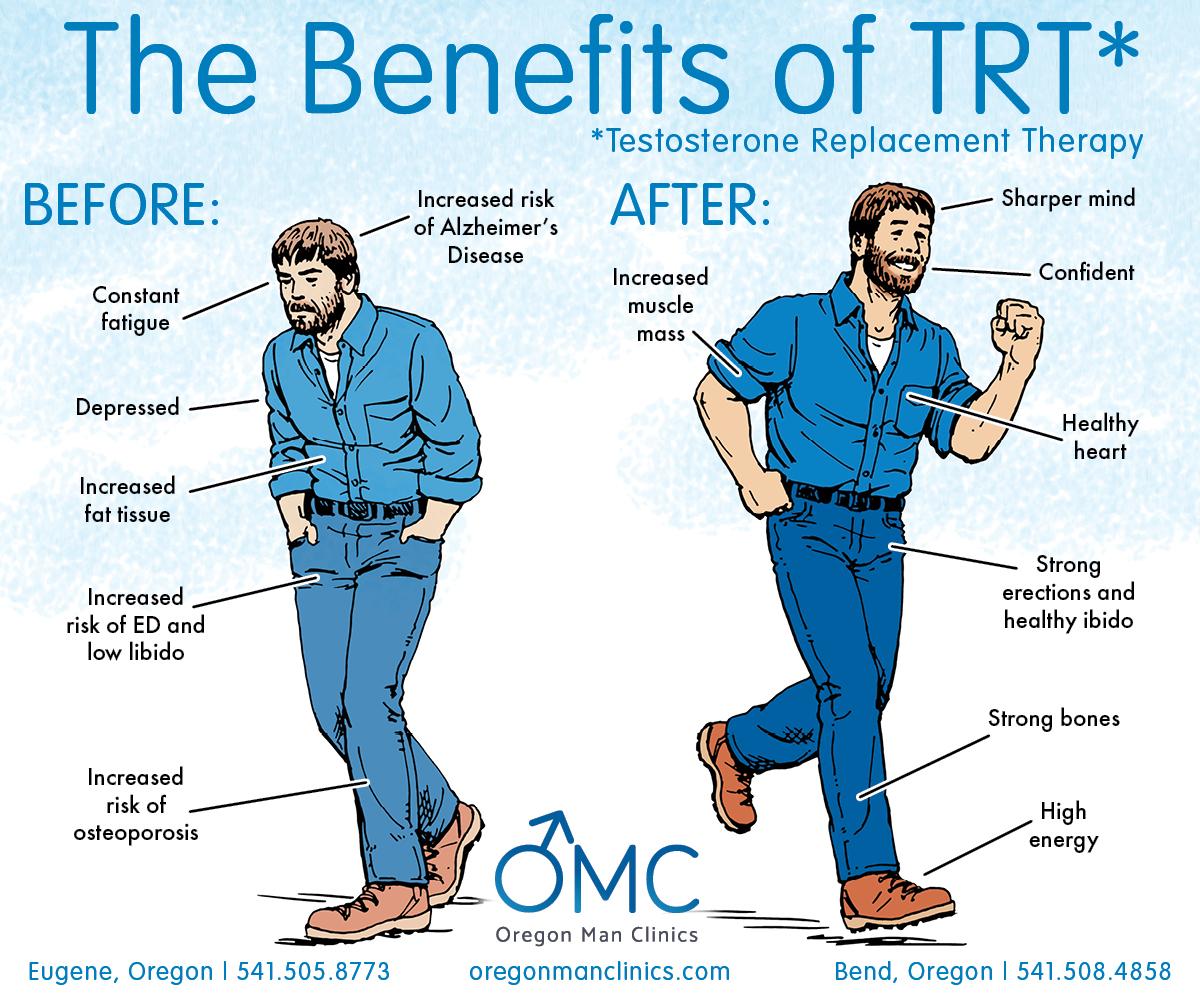
The Science Behind Hormonal Influence on Memory
The intricate relationship between hormones and memory is a subject of extensive research, particularly concerning testosterone. This hormone, primarily associated with male traits, plays a significant role in various cognitive functions, including memory retention and recall. Studies have shown that testosterone can facilitate neurogenesis in the hippocampus—a brain region crucial for learning and memory. By enhancing neuronal growth and connectivity, testosterone may contribute to sharper memory and improved cognitive performance, especially in aging populations.
Notably, the impact of testosterone on memory varies depending on individual baseline levels, age, and overall health. Some key factors that drive this hormonal influence include:
- Age-related decline: Testosterone levels naturally decrease with age, which may correlate with memory decline.
- Individual differences: Genetic factors can affect how one’s body responds to testosterone therapy, making personalized approaches essential.
- Cognitive demands: Higher cognitive engagement may boost testosterone levels, creating a cyclical effect on memory performance.
Understanding these dynamics contributes to the ongoing discourse on testosterone therapy as a viable avenue for enhancing memory, particularly in older adults facing cognitive challenges. Below is a comparison of relevant studies examining the effects of testosterone on memory performance:
| Study | Population | Findings |
|---|---|---|
| Smith et al. (2021) | Older Men | Improved verbal memory with testosterone therapy |
| Johnson et al. (2020) | Women aged 50+ | Enhanced recall ability observed |
| Garcia et al. (2019) | Mixed Gender, Elderly | Positive correlation between testosterone levels and memory performance |
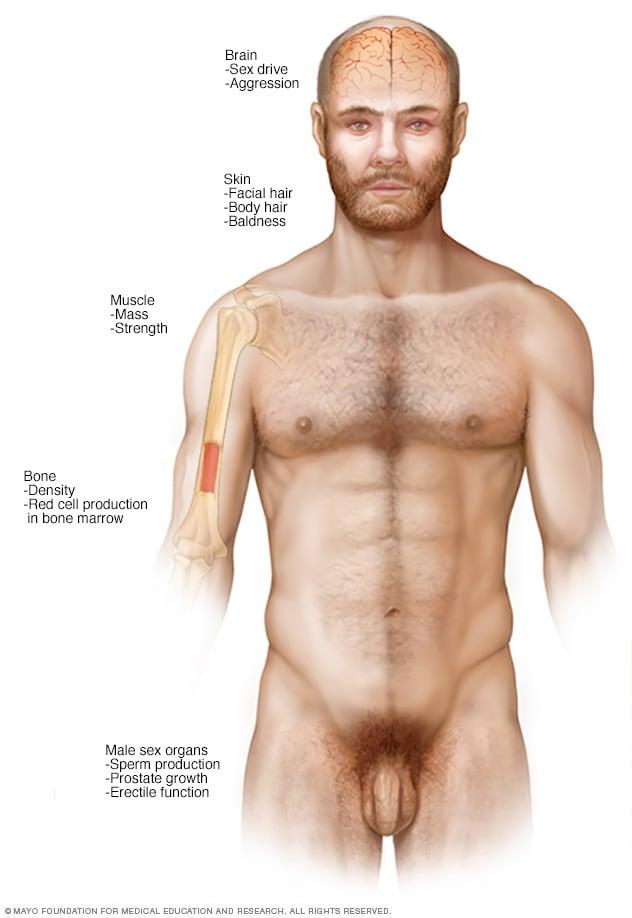
Potential Benefits of Testosterone Therapy for Memory Enhancement
Emerging research has suggested that testosterone therapy may hold promise in enhancing cognitive functions, particularly in memory. Many studies indicate that optimal testosterone levels are associated with improved verbal memory and spatial awareness, which are crucial for tasks involving learning and recollection. As testosterone influences the neurochemistry of the brain, it can potentially amplify synaptic plasticity— the brain’s ability to form new connections and strengthen existing ones. This process is vital for memory formation and retrieval, suggesting that balanced testosterone levels may be key in supporting cognitive health as we age.
Furthermore, testosterone therapy could serve as a proactive measure against age-related memory decline. The benefits extend beyond mere memory enhancement; they may include improvements in attention span, motivation, and overall mental clarity. For individuals experiencing low testosterone levels, therapy could provide a multifaceted approach to cognitive enhancement, potentially improving quality of life. Below is a table summarizing the potential cognitive benefits associated with testosterone therapy:
| Benefit | Description |
|---|---|
| Verbal Memory | Enhances the ability to recall words and language. |
| Spatial Awareness | Improves the understanding of spatial relationships. |
| Attention Span | Increases focus and reduces cognitive distractions. |
| Mental Clarity | Promotes clearer thought processes and decision making. |
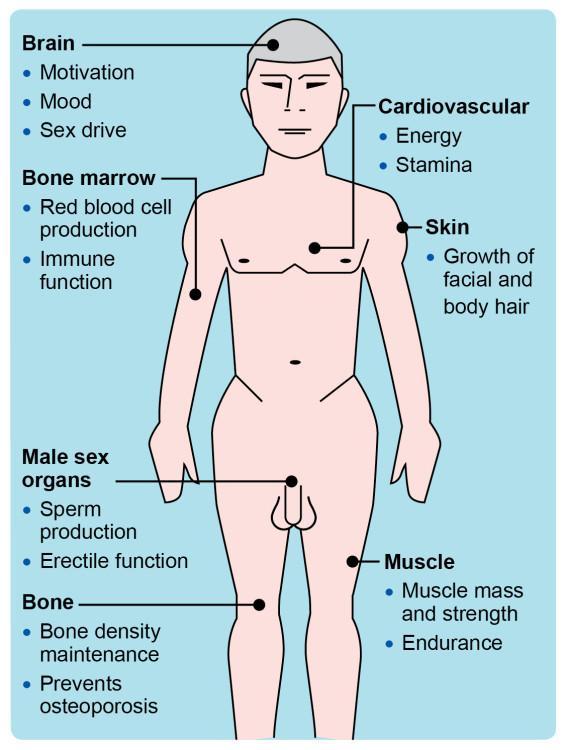
Evaluating the Risks and Considerations of Hormone Treatments
When considering testosterone therapy, it is essential to understand the potential risks associated with treatment. Individuals may experience a range of side effects, including but not limited to:
- Increased aggression: Heightened mood swings and irritability may occur.
- Cardiovascular issues: Potential for elevated blood pressure and increased risk of heart disease.
- Skin changes: Oily skin, acne, or hair loss can become more pronounced.
- Hormonal imbalances: An imbalance can lead to gynecomastia or testicular shrinkage.
Moreover, evaluating the considerations surrounding hormone treatments is paramount for informed decision-making. Factors to weigh include:
- Individual health status: Pre-existing conditions must be taken into account, as they can amplify risks.
- Dosage and administration: Appropriate dosing is crucial to mitigate side effects while attempting to enhance cognitive functions.
- Regular monitoring: Consistent follow-ups with healthcare professionals ensure that any adverse reactions are promptly addressed.
- Long-term effects: Research on the prolonged use of testosterone therapy is still evolving, highlighting the importance of staying informed.
Exploring Evidence from Recent Studies on Testosterone and Memory
Recent studies have unveiled intriguing connections between testosterone levels and cognitive functions, particularly memory enhancement. Research indicates that testosterone may play a significant role in modulating neural pathways associated with memory retention and recall. Investigations focusing on older adults have revealed that those with balanced testosterone levels tend to exhibit superior verbal and visual memory performance when compared to their counterparts with low testosterone. Specifically, findings suggest:
- Neuroprotective Effects: Testosterone may protect neurons in the hippocampus, a region critical for forming memories.
- Enhanced Spatial Memory: Studies indicate that testosterone can positively influence spatial navigation skills.
- Improved Mood and Cognitive Flexibility: Higher testosterone levels are linked to better mood regulation, which in turn may enhance cognitive function.
To synthesize findings from multiple studies, the impact of testosterone therapy on memory performance is increasingly supported by emerging evidence. Clinical trials have shown promising results, leading to a greater interest in the potential therapeutic applications of testosterone for memory disorders. A summary of these findings is illustrated below:
| Study Focus | Population | Key Findings |
|---|---|---|
| Effects on Verbal Memory | Older Males | Participants on testosterone therapy showed a 20% increase in verbal memory tests. |
| Impact on Spatial Navigation | Young Adults | Those receiving testosterone enhancements improved navigation task performance by 15%. |
| Overall Cognitive Function | Postmenopausal Women | Endurance of cognitive benefits observed over 6 months post-therapy. |
Practical Guidelines for Considering Testosterone Therapy
When contemplating testosterone therapy as a means to enhance memory, it’s essential to evaluate individual health conditions comprehensively. Prior to initiating treatment, individuals should consult with a healthcare professional who specializes in hormone therapy. Consider the following factors:
- Medical History: Review any previous hormone-related issues or chronic illnesses.
- Current Medications: Check for potential interactions with ongoing treatments.
- Symptoms Assessment: Identify specific memory-related symptoms and their impact on daily life.
Additionally, it is vital to monitor treatment closely to ensure safety and efficacy. Engaging in regular follow-ups with healthcare providers can help track changes in memory function and overall well-being. Establishing a support system can also be beneficial. Keep in mind the following strategies:
- Set Realistic Expectations: Understand that results may vary and improvements take time.
- Maintain Healthy Lifestyle: Incorporate a balanced diet and regular exercise into daily routine.
- Utilize Cognitive Activities: Complement therapy with memory-enhancing exercises, like puzzles or reading.
Alternative Strategies for Memory Improvement Beyond Hormonal Interventions
While hormonal interventions like testosterone therapy show promise in enhancing memory, there are several alternative strategies to consider that may yield significant benefits. These methods not only aim to improve cognitive function but also promote overall brain health. Engaging in regular physical exercise, particularly aerobic activities, has been shown to increase blood flow to the brain, facilitating the growth of new neurons and enhancing synaptic plasticity. Additionally, incorporating mindfulness practices, such as meditation and yoga, can reduce stress and improve concentration, which are essential components for effective memory retention.
Dietary choices also play a crucial role in cognitive enhancement. A well-balanced diet rich in the following can help support memory improvement:
- Antioxidants: Found in berries, dark chocolate, and green leafy vegetables, these compounds help combat oxidative stress that can damage brain cells.
- Omega-3 Fatty Acids: Present in fatty fish, walnuts, and flaxseeds, omega-3s are vital for maintaining brain function and improving memory.
- B Vitamins: Foods like eggs, beans, and whole grains support the synthesis of neurotransmitters, which are crucial for communication between brain cells.
| Strategy | Benefit |
|---|---|
| Physical Exercise | Improves blood flow, neurogenesis |
| Meditation | Reduces stress, enhances focus |
| Healthy Diet | Supports overall brain health |
Q&A
Q&A: Testosterone Therapy for Memory Improvement
Q1: What is testosterone therapy and how is it administered?
A: Testosterone therapy involves the supplementation of testosterone, a crucial hormone predominantly found in men, but also present in women. This therapy can be administered through various methods, including injections, topical gels, patches, or pellets inserted under the skin. The choice of method often depends on individual preference and medical recommendation.
Q2: How is testosterone linked to memory and cognitive function?
A: Testosterone has been shown to play a role in various cognitive functions, including memory. Research suggests that testosterone may influence the formation of neural connections in areas of the brain associated with memory and learning. Some studies indicate that men with higher testosterone levels perform better on memory tasks, prompting interest in its potential as a cognitive enhancer.
Q3: Who might benefit from testosterone therapy for memory improvement?
A: Generally, older adults, particularly men experiencing age-related declines in testosterone levels, may benefit from this therapy. Individuals suffering from hypogonadism, a condition characterized by low testosterone production, could also experience cognitive benefits if treated. However, it’s essential for individuals to consult healthcare professionals before considering testosterone therapy.
Q4: What evidence exists to support testosterone therapy for memory enhancement?
A: While some studies have shown improvements in cognitive function and memory with testosterone therapy, the evidence is mixed. Certain research indicates benefits in verbal memory and spatial ability, while other studies yield inconclusive or minimal effects. Therefore, much remains to be understood about the optimal dosages and long-term impacts.
Q5: Are there any risks associated with testosterone therapy?
A: Yes, as with any medical treatment, testosterone therapy carries potential risks. Side effects may include acne, sleep apnea, increased aggression, and potential cardiovascular issues. Moreover, improper use can lead to hormonal imbalances. It’s imperative to undergo thorough medical evaluation and continuous monitoring by healthcare professionals when considering this therapy.
Q6: How can individuals make informed decisions about pursuing this therapy?
A: Individuals should engage in open discussions with their healthcare providers about their specific symptoms, health history, and concerns regarding testosterone therapy. A comprehensive evaluation, including blood tests to measure hormone levels and consideration of potential side effects, will help determine the appropriateness of treatment. Education on the potential benefits versus risks is crucial for making informed decisions.
Q7: Are there alternative methods to enhance memory besides testosterone therapy?
A: Absolutely! Various lifestyle changes can promote cognitive health, including regular physical exercise, a balanced diet rich in antioxidants and omega-3 fatty acids, mental exercises like puzzles and reading, and ensuring adequate sleep. Stress management techniques, such as mindfulness and meditation, can also play a significant role in enhancing memory and cognitive function.
Q8: In what direction is research heading regarding testosterone and cognitive function?
A: Research continues to explore the complex relationship between testosterone levels and cognitive function. Future studies aim to clarify the nuances of how testosterone affects different types of memory, the therapeutic window for maximum cognitive benefit, and the long-term effects of therapy on brain health. As science evolves, our understanding of testosterone therapy’s role in memory improvement will undoubtedly advance.
—
Conclusion: Testosterone therapy presents intriguing possibilities for memory enhancement in specific populations, but it’s essential to proceed with caution and informed guidance. Balancing hormone levels may not be the solitary key to unlocking memory potential, but rather part of a broader approach to cognitive health.
In Retrospect
As we conclude our exploration of testosterone therapy and its potential role in enhancing memory, it’s clear that the intersection of hormones and cognitive function remains a promising yet complex landscape. While emerging studies suggest that maintaining optimal testosterone levels might benefit memory retention and recall, the journey toward understanding how these elements interact is still unfolding.
For those considering this avenue, it is essential to approach testosterone therapy with caution, consulting healthcare professionals to weigh the benefits against potential risks. The dialogues surrounding hormones and cognition continue to evolve, opening doors to new research and insights that may illuminate pathways to better memory health.
In the grand tapestry of human experience, the quest for a sharper mind is both timeless and deeply personal. Whether through lifestyle changes, mindfulness practices, or medical interventions like testosterone therapy, prioritizing cognitive well-being remains a pursuit worth undertaking. As we look ahead, may we continue to navigate this intricate terrain with curiosity and care, ever mindful of the delicate balance that shapes our mental faculties.

